
This visualization is a summary of the data in Brain-CODE. Research data is collected by researchers across Canada and uploaded to Brain-CODE. Although the data sets are not available yet, OBI aims to make all research data open and accessible in the future.
Click on any part of the visualization to explore the data.
To access current open data sets and to be kept up to date with future data releases on Brain-CODE, sign-up by clicking “Register”.
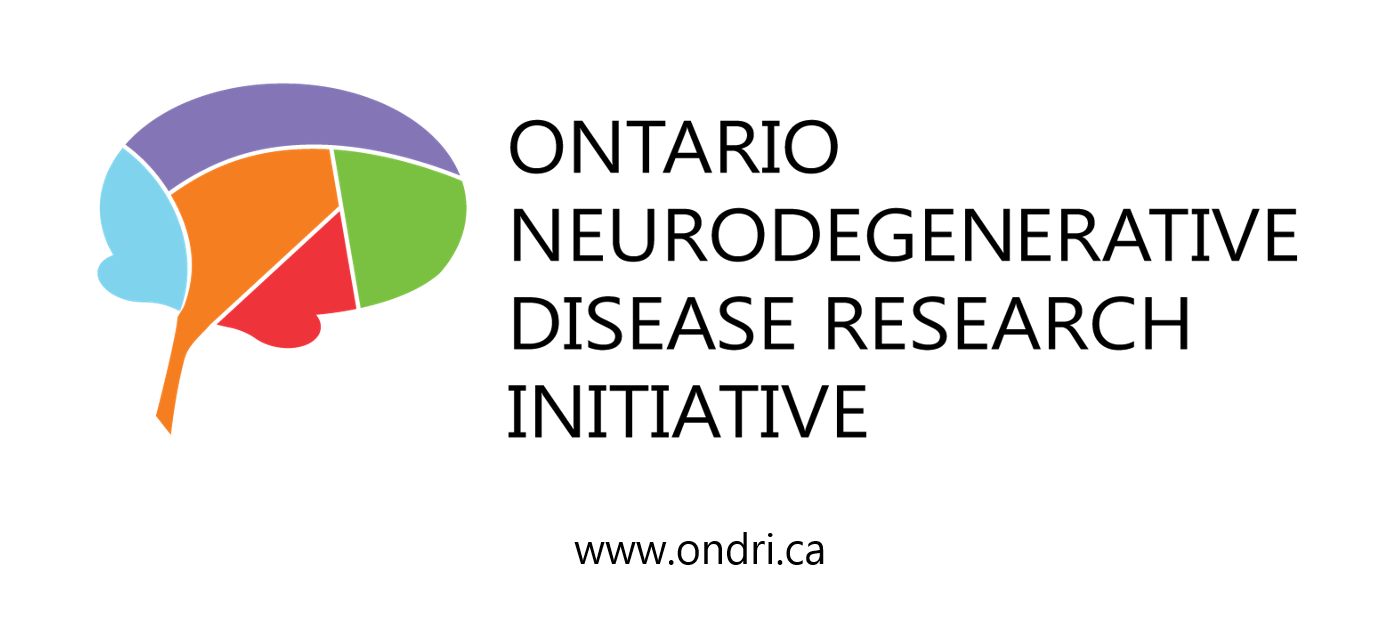
This controlled data release contains data from a series of studies conducted at Baycrest Hospital concerning the role of dorsal and ventral language pathways in both brain hemispheres in language processing. The studies examined neural reactivity to semantic and syntactic anomalies in written and auditory presentation formats, although some used written presentation only. Task-related MEG, resting-state MEG, and structural MRI data were collected from 5 cohorts of individuals: young controls (not included in the release), healthy older controls, patients with post-stroke aphasia, patients with primary progressive aphasia, and patients with AD or MCI. Speech recordings from many of the same individuals are also available on the Dementiabank database.
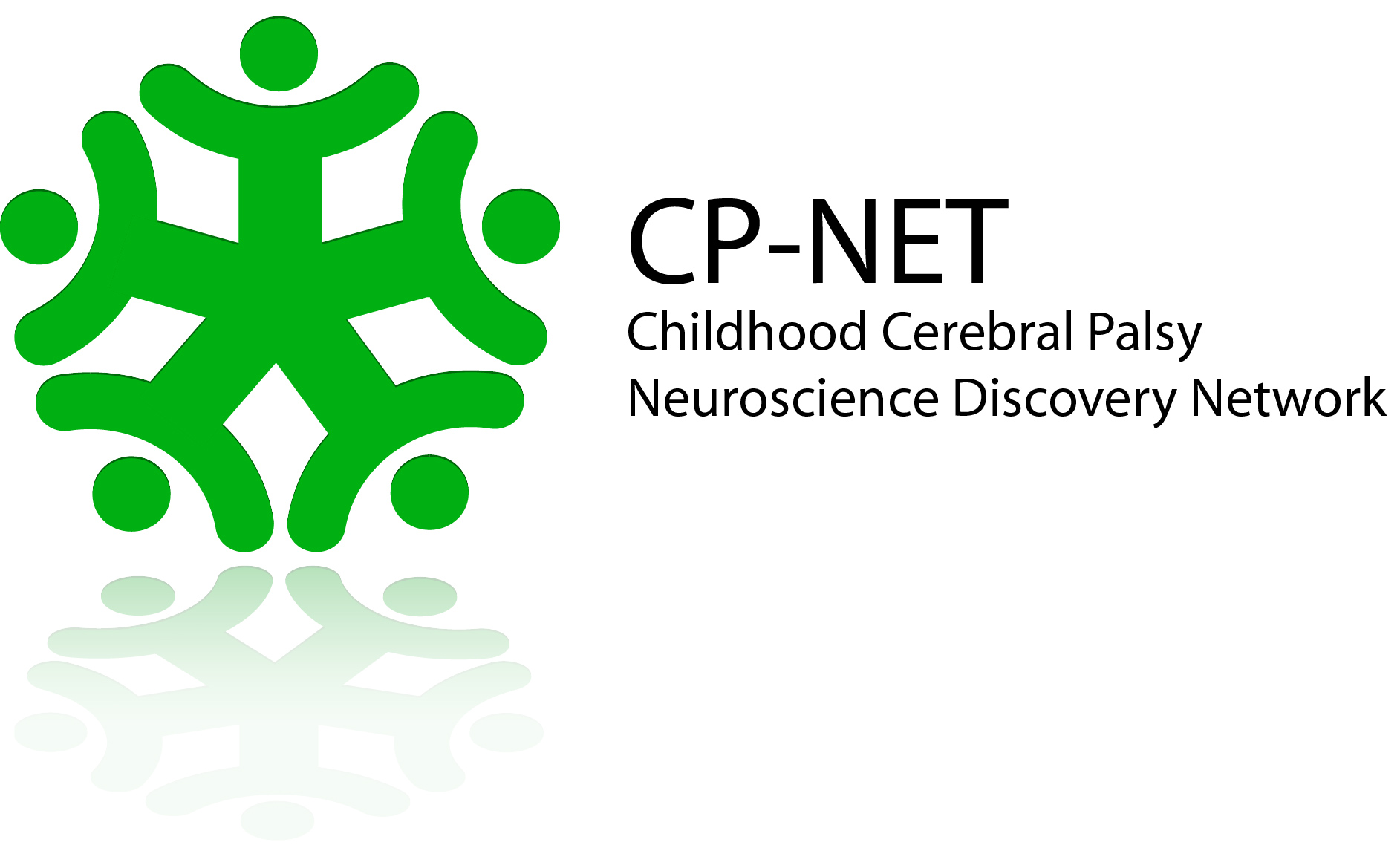
This controlled data release focuses on the Genomic Architecture of CP utilizing Whole Genome Sequencing on children and youth recruited into the CP-NET Clinical Database. The CP-NET Clinical Database recruits children born in 2009 or later with a confirmed diagnosis of cerebral palsy (CP) and contains data on clinically relevant risk factors, neuroimaging information, and neurodevelopmental functioning including psychosocial and participation outcomes.
This released dataset has whole genome sequencing data (WGS) on 221 children and youth with CP and their biological parents (656 samples). WGS was performed on DNA extracted from saliva on the Illumina HiSeq X platform, and the resulting CRAM files are provided.
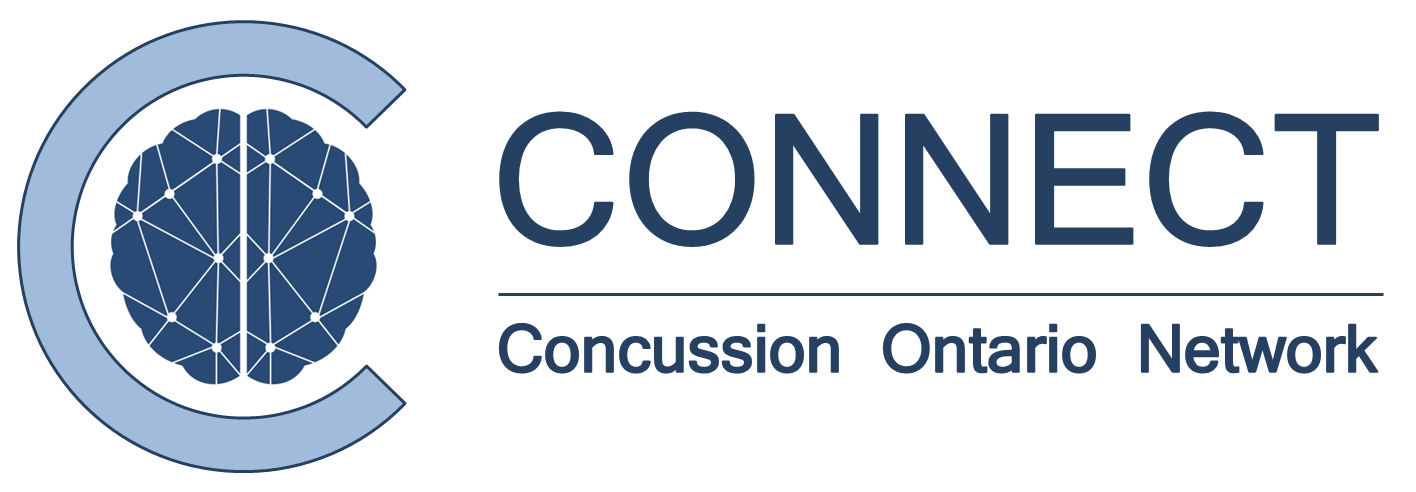
The Concussion Ontario Network: Neuroinformatics to Enhance Clinical care and Translation (CONNECT) is a collaborative network of 10 clinical sites across Ontario that aim to ensure new knowledge of concussion is translated into better diagnosis and care for the benefit of all Ontarians. Given that the pathophysiology of concussion is largely unknown, a systems approach could provide a holistic framework for the study of concussion. Therefore, the overall purpose of the RECOVER pilot study is to demonstrate the ability to characterize ultra-early acute concussion in adults using a harmonized multi-scale system approach by collecting data that are potential predictors of persistent post-concussion symptoms (PPCS) over a 12- week period.

ONDRI’s Foundational Study includes data from 520 people living with Alzheimer’s disease, mild cognitive impairment, Parkinson’s disease, amyotrophic lateral sclerosis, frontotemporal dementia, or cerebrovascular disease, along with their care partners. Detailed clinical, cognitive, genetic, gait, balance, eye tracking, retinal imaging, and neuroimaging assessments were performed that enable multi-modality within- and cross-disease analyses. Data were collected from 2014-18; then standardized, cleaned, and curated to facilitate open access and sharing.
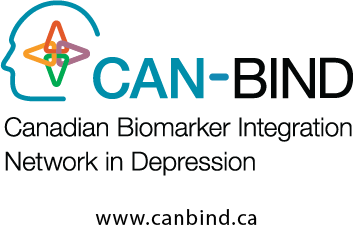
The Canadian Biomarker Integration Network in Depression (CAN-BIND) is a national program of research and learning. From 2013 to 2017, data were collected from 211 participants with major depressive disorder and 112 healthy individuals. The objective of this data-set is to integrate detailed clinical, imaging, and molecular data to predict outcome for patients experiencing a Major Depressive Episode (MDE) and receiving pharmacotherapy reflective of standard practice. The clinical characterization consists of symptom assessment, behavioural dimensions, and environmental factors. The neuroimaging data consist of structural, resting and task-based functional, and diffusion-weighted MRI images, as well as scalp-recorded EEG data. The molecular data consist of DNA methylation, inflammatory markers and urine metabolites.
Baseline and Phase 1 (Weeks 2-8) data is now available for request. Phase 2 (Weeks 10-16) clinical data yet to be released.
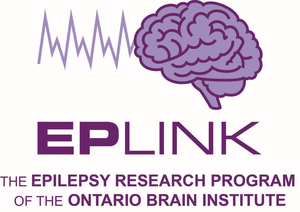
About one third of people with epilepsy experience comorbid depression. UPLIFT (Using Practice and Learning to Increase Favorable Thoughts) uses mindfulness-based cognitive behavioural therapy (CBT) principles to treat depression in people with epilepsy. The EpUp study aimed to examine outcomes of UPLIFT versus EpINFO, an epilepsy information and self-management program. The effects of these distance-delivery, group intervention programs were studied in adults with epilepsy and self-reported depressive symptoms.
The Cerebral Palsy (CP) Integrated Neuroscience Discovery Network (CP-NET) aims to improve the lives of individuals with/at risk for CP and their families by accelerating the development of new neuroscience discoveries. This controlled data release focuses on CP-NET's initial Clinical Database which solely focused on 320 children and youth from across Ontario, aged 2-18, with a confirmed diagnosis of hemiplegic cerebral palsy (CP).
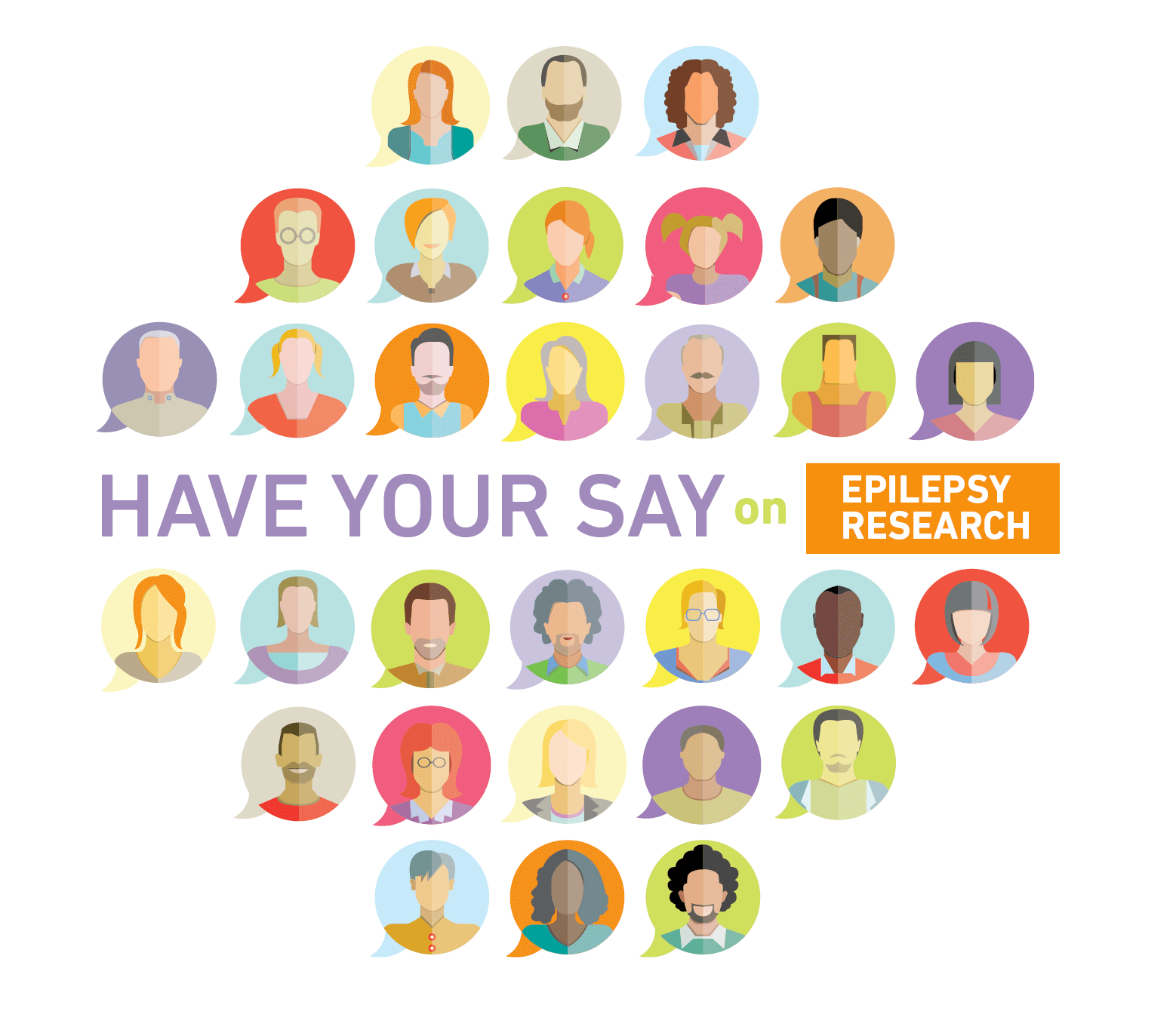
A Priority Setting Partnership for epilepsy and seizures was conducted by the Ontario Brain Institute, its epilepsy research program, EpLink, and the James Lind Alliance.
The final top 10 list reflects the priority areas of focus for research as identified by the Canadian epilepsy community, including genetic markers for diagnosis and treatment, concerns about living with the long-term effects of epilepsy, and addressing knowledge gaps in etiology and treatment approaches.
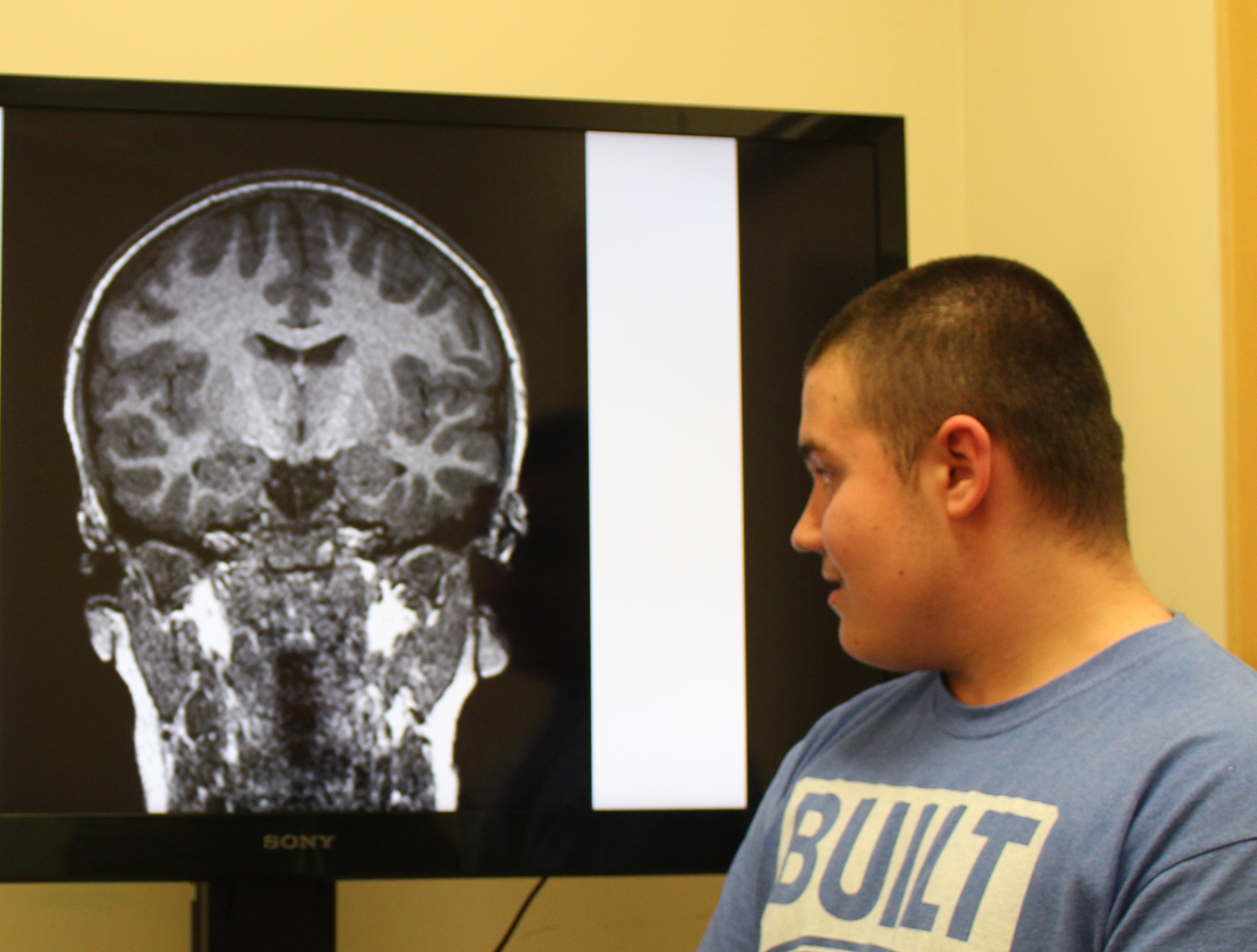
The Province of Ontario Neurodevelopmental Disorders (POND) Network is an Integrated Discovery Program funded by the Ontario Brain Institute and aims to understand the neurobiology of neurodevelopment disorders and translate the findings into effective new treatments. This controlled data release includes T1 weighted and T2 weighted structural MRIs, DTI, MRS, resting and task based fMRI, and MEG imaging data along with demographic, medical history data, behavioural and cognitive assessments for 682 children and youth diagnosed with various neurodevelopmental disorders as well as typically developing children and youth.
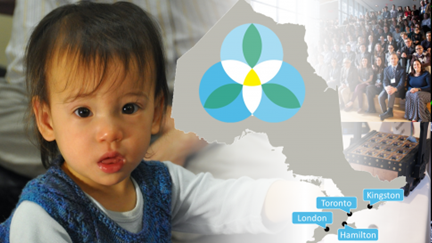
This controlled data release from the Province of Ontario Neurodevelopment Disorders (POND) Network program includes demographic, medical history data, and behavioural and cognitive assessments for over 2000 children and youth diagnosed with various neurodevelopmental disorders as well as typically developing children and youth.
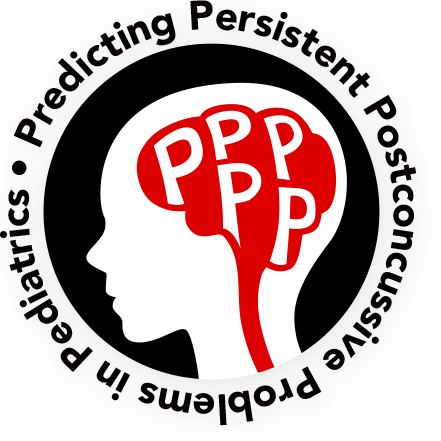
The 5P study enrolled over 3,000 children from nine pediatric emergency departments across Canada. All participants were aged 5-18 years old and were evaluated within the first 48-hours after head injury (with most participants presenting within 3 hours of their injury).

View and download fMRI fBIRN phantom quality assurance data from 13 MRI scanners
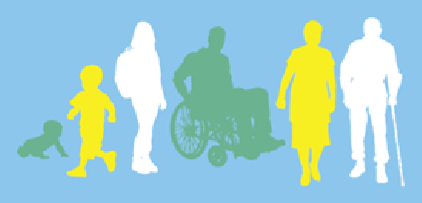
View and download original and overarching research questions brought forward by the neurodevelopmental disorders community.

View and download brain scans and volumetric data from 31 mouse models of autism.